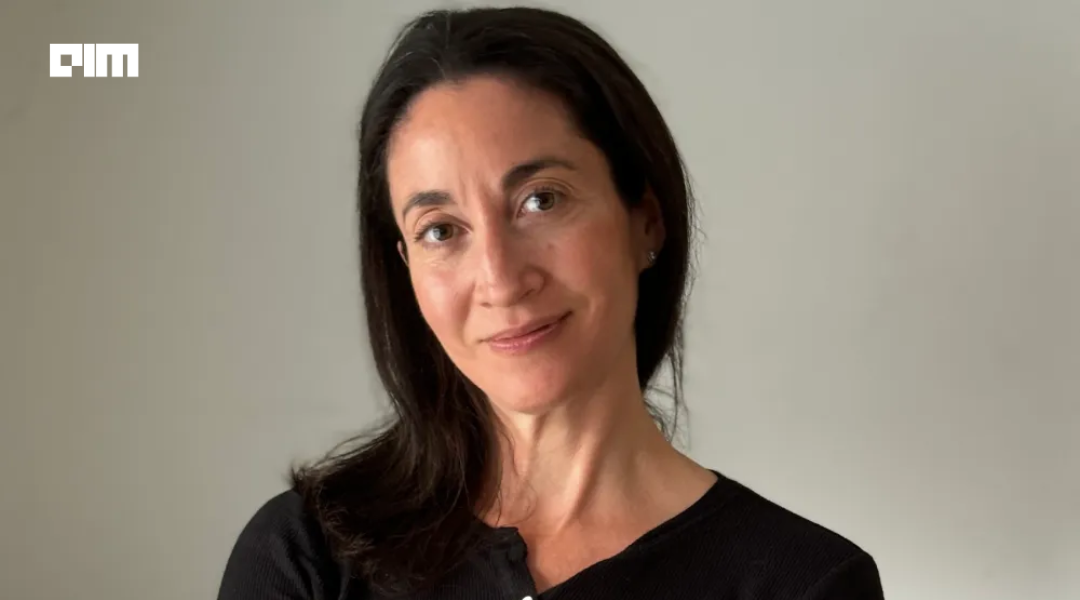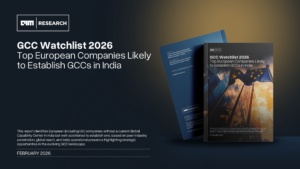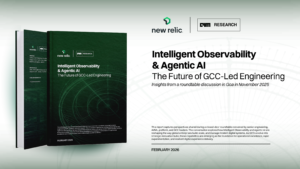This week, Disney and Universal filed a sweeping lawsuit against Midjourney, one of the most prominent AI image-generation companies, accusing it of building a business on stolen IP. “Piracy is piracy,” said Horacio Gutierrez, Disney’s chief legal officer. “The fact that it’s done by an AI company does not make it any less infringing.”
Midjourney, with its 20 million users, offers an image service that allows anyone to generate visuals using prompts. Disney and Universal allege that it functions as a “virtual vending machine” for pirated IP conjured without licensing or permission.
This isn’t Hollywood’s first brush with AI anxiety. Writers and actors unions have long warned of synthetic voices, digital replicas, and AI-generated scripts. But this lawsuit marks the first time major studios have formally entered the IP battleground, and they’ve chosen to make their stand here.
It’s deliberate timing. Earlier this year, a federal judge ruled that an AI-powered legal research tool couldn’t use Thomson Reuters’ materials to build a competing product, dealing a blow to the industry’s “fair use” defense. If Disney and Universal win, it could force AI companies to rebuild their models using only licensed content.
Studios face a contradiction. They’re suing to protect their IP from AI encroachment, even as they quietly explore using AI to cut costs and accelerate production.
“We’re not trying to eliminate technology,” said Kim Harris, general counsel at NBCUniversal says to TIME. “We’re trying to ensure that it operates in a way that protects and respects the creative work it’s built on.”
Studios have invested in AI for everything from dialogue cleanup to scene reconstruction. The idea of making the next Avatar at a fraction of the cost is tantalizing. But as critics have pointed out, these same studios are wary of training their models on data they don’t want competitors to touch. It’s a catch-22: the only way to build AI good enough to use is to feed it IP that no one wants scraped.
A New Class of Startups-and New Models for IP
The lawsuit is also shaking up how startups approach AI and copyright. According to Variety, Incantor, a new AI platform built specifically for Hollywood use cases, claims to have created the first model that tracks IP attribution and ensures licensed data usage. Co-founded by author and producer Lauren Oliver and Google AI veteran Solomon Itani, Incantor is betting on compliance as a competitive advantage.
“This is AI for creators and creatives,” Oliver told Variety. “Incantor allows them to engage with AI while providing attribution and protecting copyright. We’re doubling down on copyright.”
Other startups, like Patlytics are also carving out niches. Patlytics has raised $21 million to streamline IP workflows and patent management using AI.
The Motion Picture Sound Editors (MPSE) recently announced it would ban generative AI content from the Golden Reel Awards for 2025. “The dam of A.I. has broken, and the waters are upon us,” said MPSE president David Barber. “Choosing what we embrace as award-worthy filmmaking is a way of diverting those waters while we grapple with this exponential change.”
It’s clear that there is a focus on preserving creative labor and artistic integrity in a world where AI-generated voices, faces, and entire scenes are just prompts away. The risks extend beyond Hollywood. Every business is now a content business, and proprietary data is increasingly vulnerable to being scraped by AI models hungry for domain-specific intelligence.
A Legal Precedent in the Making
There are three possible outcomes to the Midjourney case. One: settlement, where the studios get paid and AI firms continue under license. Two: defeat, which hands the AI industry a massive win and accelerates IP erosion. Three: a decisive legal victory for studios, setting a precedent that prohibits training on copyrighted content without consent.
That third path would be consequential, in that it would reshape AI development. It would also entrench studios as the gatekeepers of visual culture: a role many argue they’ve already been morphing into. If studios can’t beat the AI companies, they may simply become IP licensors and brand managers, earning revenue from their archives while outsourcing production to machines. Essentially, glorified IP vaults.
It’s tempting to view the Midjourney lawsuit as the beginning of a long war, but this is just the first battle where the stakes are this high, the players this powerful, and the outcome potentially transformative.






